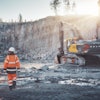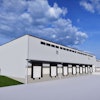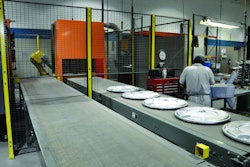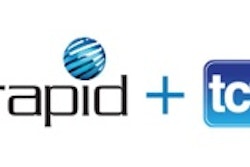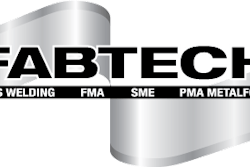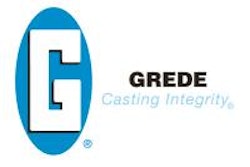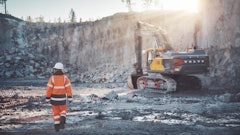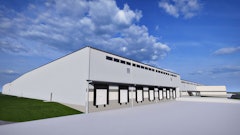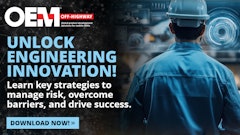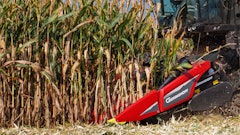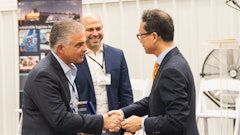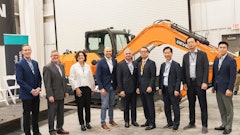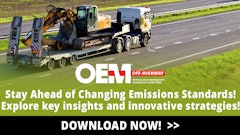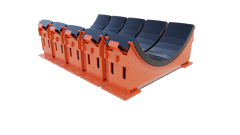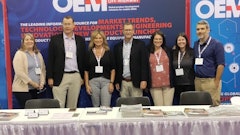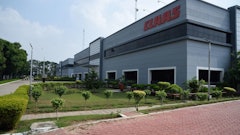Local Motors, the company bringing mass-customization to the auto industry, is using Z Corporation technology to streamline development of its open source custom cars.
The Phoenix-based company, spotlighted last week by the president, builds limited runs of daringly designed cars “co-created” by its growing community of transportation designers, engineers and enthusiasts. Examples are the Rally Fighter, Boston Bullet, LM Extreme and Green Apple.
“Z Corporation 3D scanning and 3D printing are helping us speed development and lower costs so that we can stay on time and on budget,” says Mike Pisani, Local Motors’ vehicle engineer and lead builder trainer. “We use the technologies for a surprising number of applications and come up with new ones seemingly every day.”
In a visit last Friday to Carnegie Mellon University, President Obama touted a combat support vehicle, designed by the Local Motors community and manufactured in less than 14 weeks, as an example of a bold, new way to innovate: “Instead of having a 10-year lead time to develop a piece of equipment with all kinds of changing specs and a moving target, if we were able to collapse the pace at which that manufacturing takes place, that would save taxpayers billions of dollars. But it also could get products out to the theater faster, which could save lives more quickly and could then transfer to the private sector more rapidly, which means we could get better products and services that we could sell and export around the world.”
Vehicle packaging, reverse engineering, sourcing decisions
ZPrinting and ZScanning help the company quickly develop custom parts, effectively incorporate components into the vehicle “packaging,” and execute special projects on the fly.
For example, for its popular Rally Fighter, the company needed a driveshaft yoke to accommodate its off-road-ready suspension. Pisani’s team purchased the closest off-the-shelf part they could find and reverse-engineered it. Using the ZScanner 800, the team captured the surface data from the off-the-shelf yoke, converted it to a SolidWorks CAD virtual model, changed several dimensions, and added connection brackets. The team then used its ZPrinter to print a concept model to ensure proper fit. The physical model included fine detail such as thin splines that connected to the driveshaft.
“The ZScanner and ZPrinter helped us move quickly from concept to final tooling without sending the CAD model out to a machine shop,” says Pisani. “That step would have required the machine shop to go through at least two revisions of tooling and production and would have forced us to go through several redesigns, costing us an extra three to four weeks of lead time and $2,700. This is just one example of how innovative R&D technology can make limited-edition, locally built cars viable.”
Packaging, molds and full-scale car models
Local Motors also uses ZScanning technology for vehicle packaging, which is ensuring all parts fit properly in the chassis. Pisani’s team scanned the gas tank, engine and steering column, incorporating the volumes into the SolidWorks model of the car. In addition to ensuring accuracy, this step also enabled Local Motors to customize connections to the chassis and perform critical ergonomic studies, such as driver/steering wheel interface.
In another instance, the team used ZScanning and ZPrinting to make sourcing decisions on headlights and tail lights. Using data from a late-stage CAD model of a car, they ZPrinted a mold of the front quarter panel, quickly created a fiberglass “positive,” and took the model to a mall parking lot to match it up to mass-market cars.
ZScanning requires no special fixtures to hold the target object, which is free to move during scanning. Scanning is executed in one continuous sweep and generates a single file instead of multiple files that need to be painstakingly sewn together. “You can go into small cramped spaces, get all in one shot, and bring it right into CAD software,” says Pisani.
Cost-effective measures like these enable Local Motors to spend a fraction of what the large automakers spend on developing a car: $2 million to $3 million and 18 months versus $200 million to $300 million and five to seven years.
